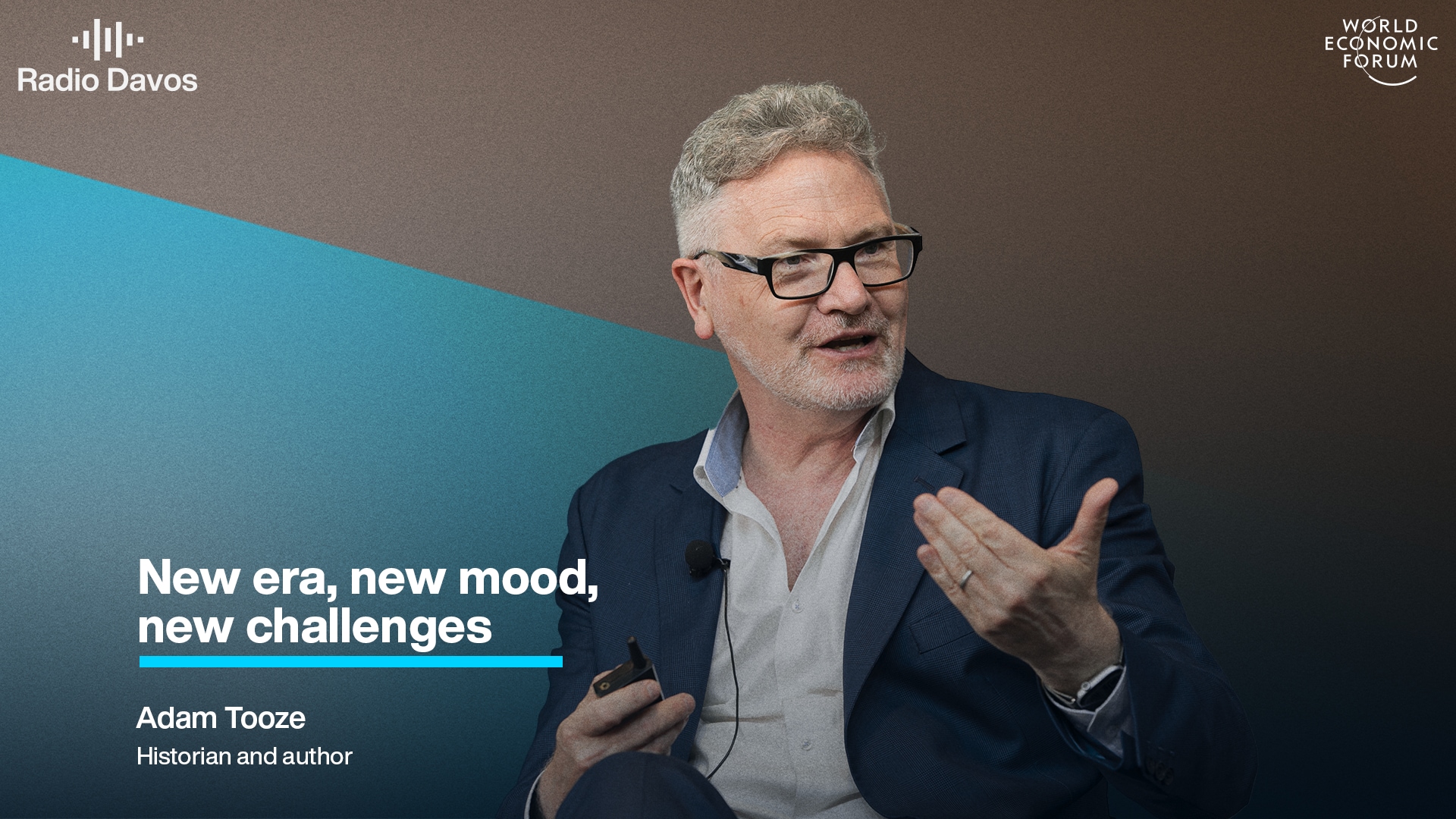Can Latin America and the US overcome the past?
Stay up to date:
Latin America
The handshake between Barack Obama and Cuban leader Raul Castro at the Summit of the Americas last weekend in Panama made history as they gambled to overcome five decades of broken diplomatic relations.
Reopening embassies will not end the US economic embargo against Cuba, nor bring an automatic political opening in Cuba, but it is a crucial first step.
On a larger stage, by addressing this Cold War relic of US foreign policy, Obama opened the door to implement his foreign policy doctrine of engagement in a region that is today stronger and less dependent on the United States than any time in the past.
Latin America has long sought to engage the United States on a more equal basis, chafing against US dominance over financial and regional organizations and more recent foreign policy slights. After two decades of democratic and economic relative stability, trade diversity and foreign policy autonomy, the region is poised not only to engage the United States on its own terms, but also to take more responsibility for its own affairs.
For the United States, the opportunity to deepen ties with peaceful and like-minded countries is vital for its own economic recovery, as well as its attempts to address transnational organized crime and drugs, migration, and climate change.
Yet, Obama’s entreaty to look to the future and stop blaming the United States for domestic political problems, and his hope that regional leaders would hold each other accountable to hemispheric commitments on democratic and human rights, did not come to fruition at the Summit.
Leaders both praised and chastised Obama
Although praising him for the opening with Cuba, regional leaders also chastised President Obama for placing sanctions on Venezuelan officials for human rights abuses, and several insisted on reciting a history of grievances against US interventionism in the region. As Obama quipped sardonically, “I always enjoy the history lessons I receive [at these gatherings].”
Why is it so difficult to move forward and overcome a complicated and combative past?
Similar to the internal peace process that attempted to end a 50-year civil war in Colombia, a history of distrust and trauma is difficult to overcome without acknowledging and taking responsibility for past wrongs and providing guarantees that the past will not be repeated. Although the history of US armed intervention in Central America and the Caribbean and of covert destabilization in South America is long past, recent clumsy events stoke the sensitivities of the region.
These range from the humiliating search of Bolivian President Evo Morales’s plane in Europe last year for presumed stowaway Edward Snowden to the executive order last month declaring Venezuela an extraordinary threat to the national security of the United States. To the expressed surprise and disappointment of US diplomats, even US allies in the region failed to echo its concerns about human rights in Venezuela and instead unanimously condemned US intervention.
Overcoming traumatic pasts at the international level poses a second complication.
In a two-level game, national leaders are not only concerned with foreign relations, but also with maintaining political support at home. Democratic politics has allowed citizens to express their demands through the ballot box and in the streets, and requires leaders to be responsive or risk losing their office.
After the 2000s commodity boom dried up, South American governments lost the extraordinary revenues that helped millions climb up from poverty. Vociferous demands for the harder tasks of providing efficient government services, safe streets and control of corruption are now roiling the largest countries.
Anti-US speeches were meant for domestic audiences
Backing the United States against Venezuela puts in jeopardy Venezuela’s support for the Colombian peace process. It brings little political gain to center-left leaders in Chile, Brazil or Argentina, who have their own personal history of suffering human rights abuses. Other leaders have honed a revolutionary and anti-imperialist political message, aiming anti-US speeches at the summit at their domestic audiences.
Nevertheless, behind the scenes discussions at the summit signal greater integration and the potential for hemispheric cooperation. Personal interactions matter and justify summitry.
Brazilian president Dilma Rousseff announced she would visit the US in June, after canceling a visit abruptly in the wake of revelations in 2013 of NSA spying on her cell phone.
Venezuelan president Nicolas Maduro met President Obama in a hallway on the eve of departure and then announced the potential for a rapprochement.
The leaders’ repeated calls to address climate change and the announced US initiatives for renewable energy in the Caribbean and Central America, along with proposals for greater regional cooperation on educational exchange, are important steps forward.
The parallel civil society summit, though raucous, was important not only for providing citizen voices but also to strengthen transnational movements and learning processes.
The first-ever university leader parallel summit opened the door to revitalize higher education in the region – crucial for further economic progress.
In future summits, inter-sectoral discussions among business leaders, academic leaders, NGOs and governments could go much further in building the public-private partnerships needed to achieve summits’ lofty goals.
Thus, despite the worn messages harking to the past, and the slower-than-hoped for progress in US-Cuba relations, the Castro-Obama summit photo that swept around the world aptly reflects both the promise and the persistence needed to overcome an asymmetrical and conflicted past and to realize the great potential for hemispheric cooperation and mutual benefit.
This article is published in collaboration with The Conversation. Publication does not imply endorsement of views by the World Economic Forum.
To keep up with the Agenda subscribe to our weekly newsletter.
Author: Jennifer McCoy, PhD, is Distinguished University Professor of Political Science at Georgia State University, and Director of the Carter Center’s Americas Program (on leave).
Image: U.S. President Barack Obama (R) shakes hands with Cuba’s President Raul Castro as they hold a bilateral meeting during the Summit of the Americas in Panama City. REUTERS/Jonathan Ernst.
![]()
Don't miss any update on this topic
Create a free account and access your personalized content collection with our latest publications and analyses.
License and Republishing
World Economic Forum articles may be republished in accordance with the Creative Commons Attribution-NonCommercial-NoDerivatives 4.0 International Public License, and in accordance with our Terms of Use.
The views expressed in this article are those of the author alone and not the World Economic Forum.
Forum Stories newsletter
Bringing you weekly curated insights and analysis on the global issues that matter.
More on Geo-Economics and PoliticsSee all
Matt Watters
July 29, 2025
Valeriya Ionan
July 28, 2025
Michael Wang
July 28, 2025
Mark Esposito
July 24, 2025
Aengus Collins
July 15, 2025





